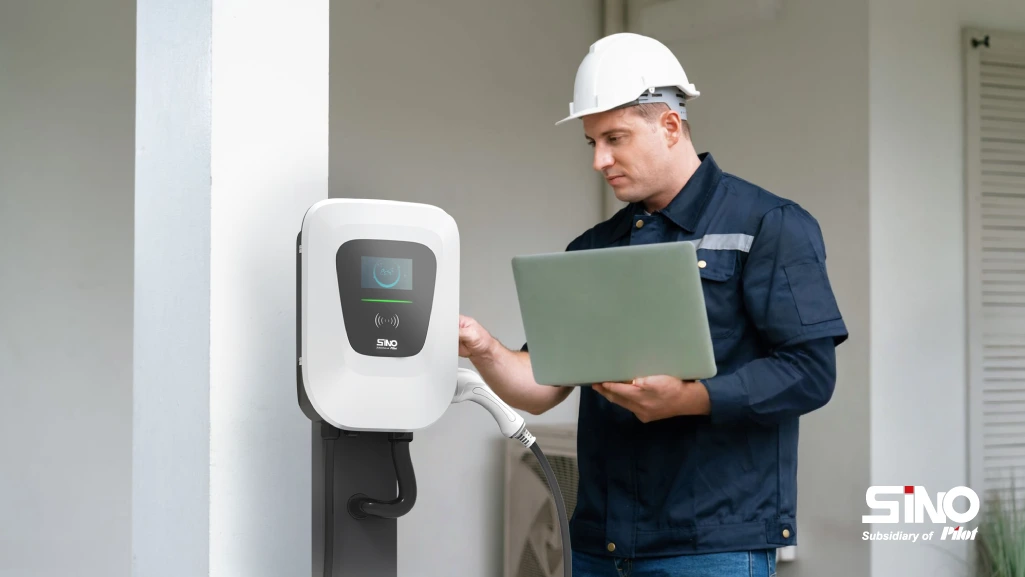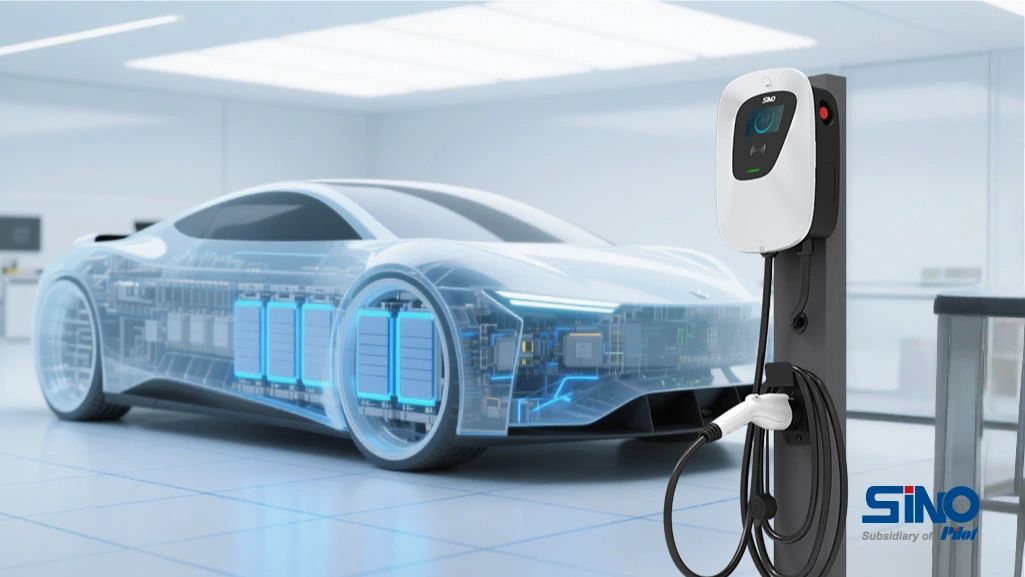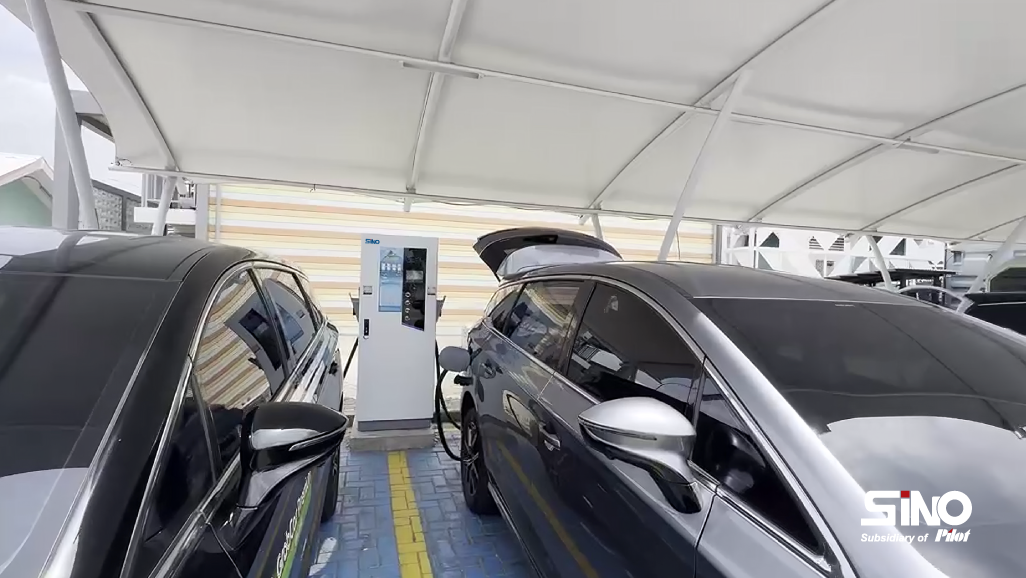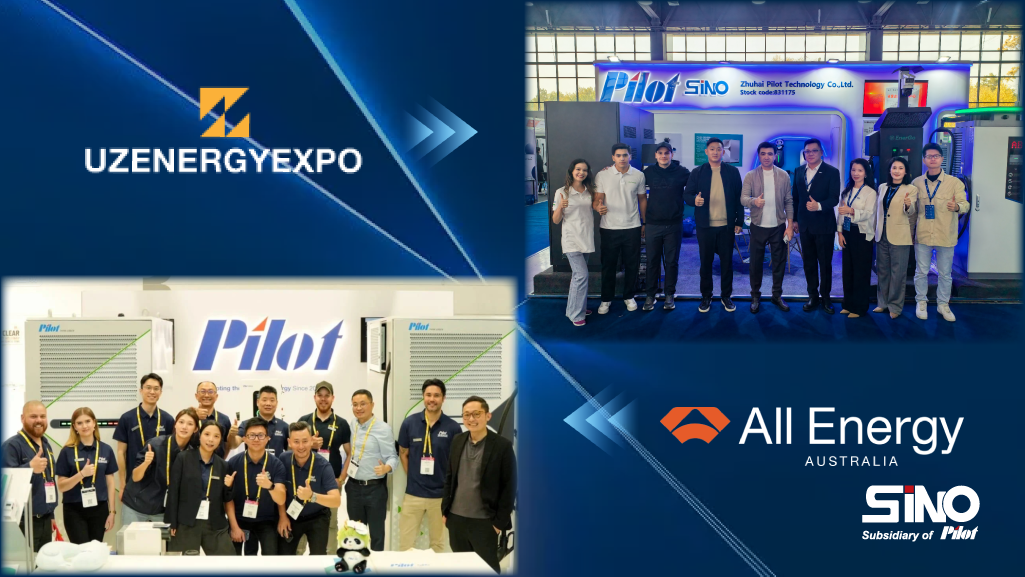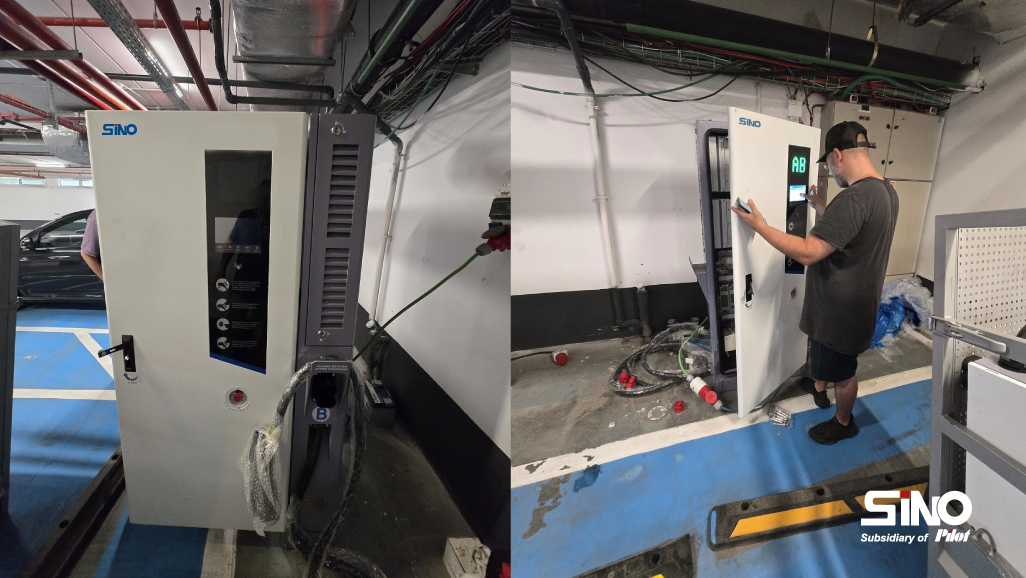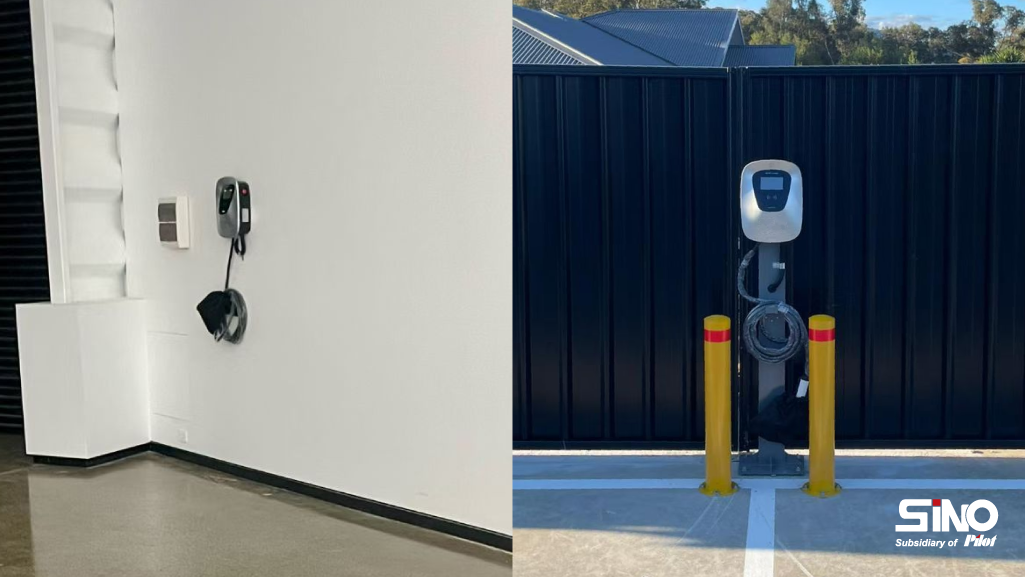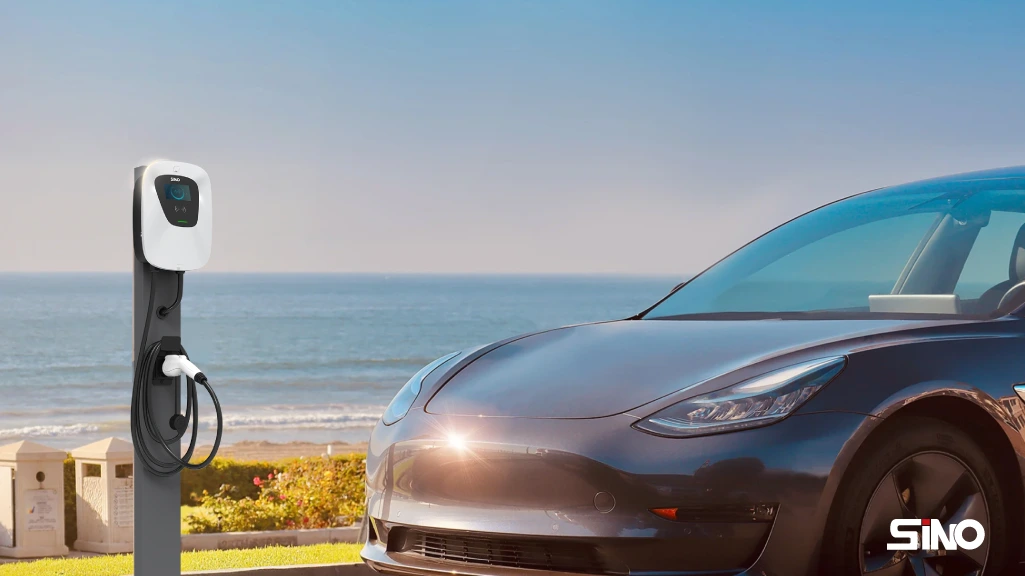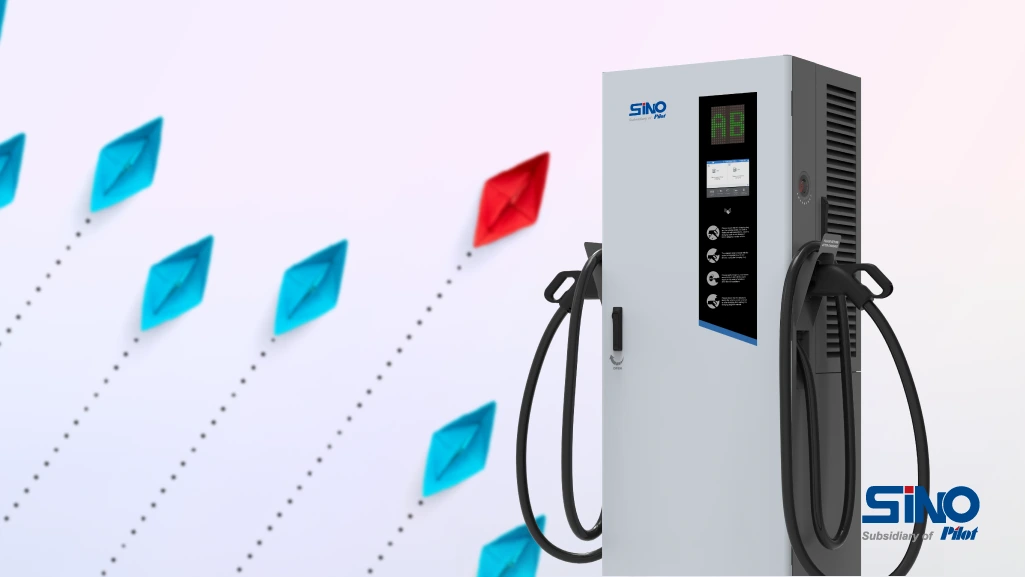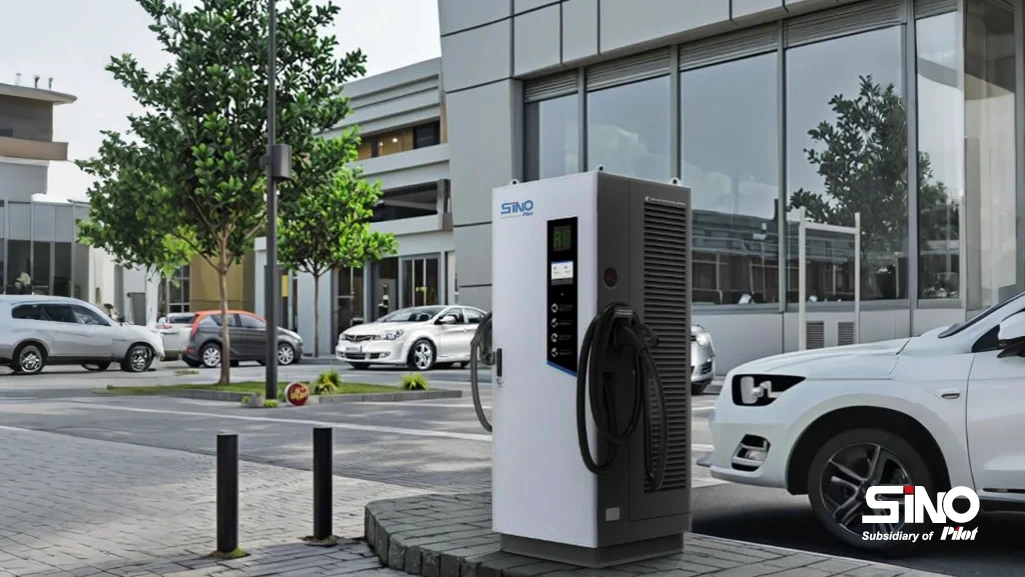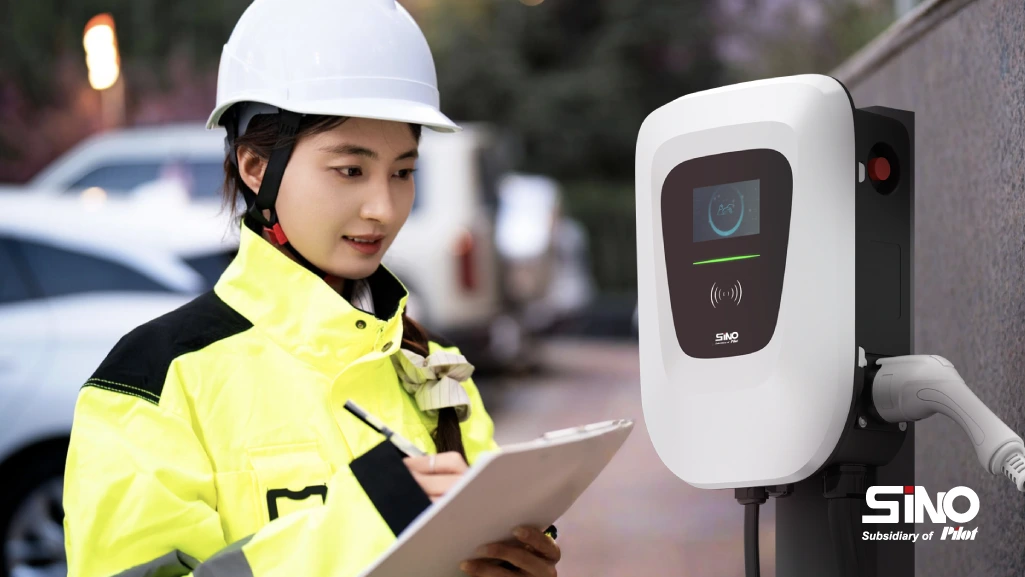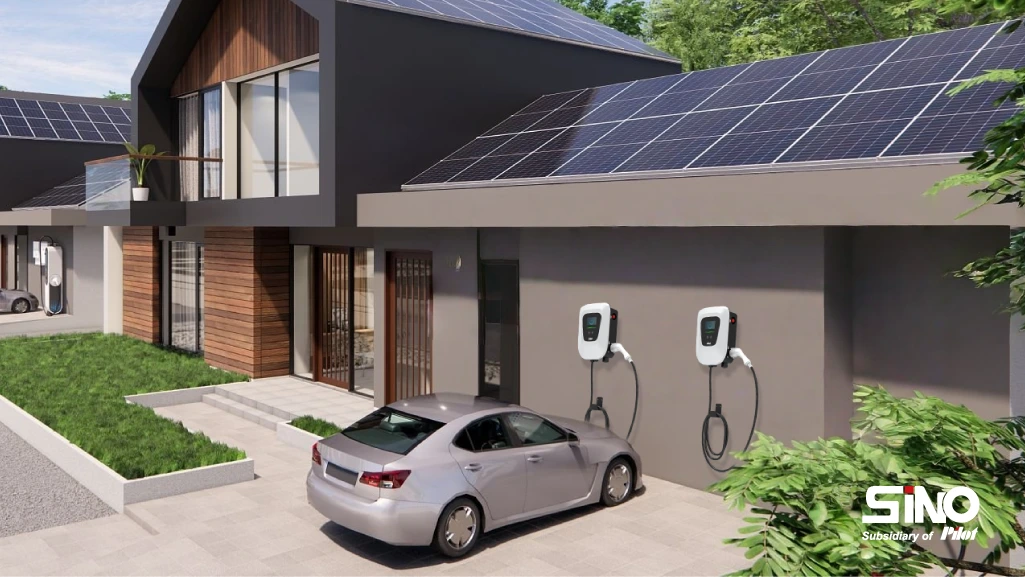The rise of electric vehicles (EVs) is one of the most exciting developments in the automotive industry, with more drivers making the switch to cleaner, greener transportation. As EV adoption grows, so does the demand for convenient and reliable charging options. Many owners prefer to install their own EV chargers at home or at business locations to ensure they are always ready to go. However, understanding the installation requirements is essential to ensure safety, functionality, and cost-effectiveness.
In this article, we’ll walk you through everything you need to know about EV charger installation, from types of chargers to the key factors influencing installation requirements.
Understanding EV Charger Types
When planning for EV charger installation, it’s crucial to first understand the different types of chargers available:
Level 1 Chargers: These are the most basic chargers, typically using a standard 120V outlet. They are the slowest option but can be sufficient for those who drive short distances daily and can charge overnight.
Level 2 Chargers: These chargers require a 240V outlet, similar to a home dryer or oven outlet. They charge EVs much faster than Level 1 chargers and are ideal for daily use, providing a full charge in a few hours.
DC Fast Chargers: These are the fastest charging stations, capable of charging an EV to 80% in 30 minutes or less. DC Fast chargers are typically used in public charging networks and are not commonly installed in residential areas due to their high power requirements.
The type of charger you choose significantly affects your installation needs, particularly in terms of electrical capacity and wiring requirements.
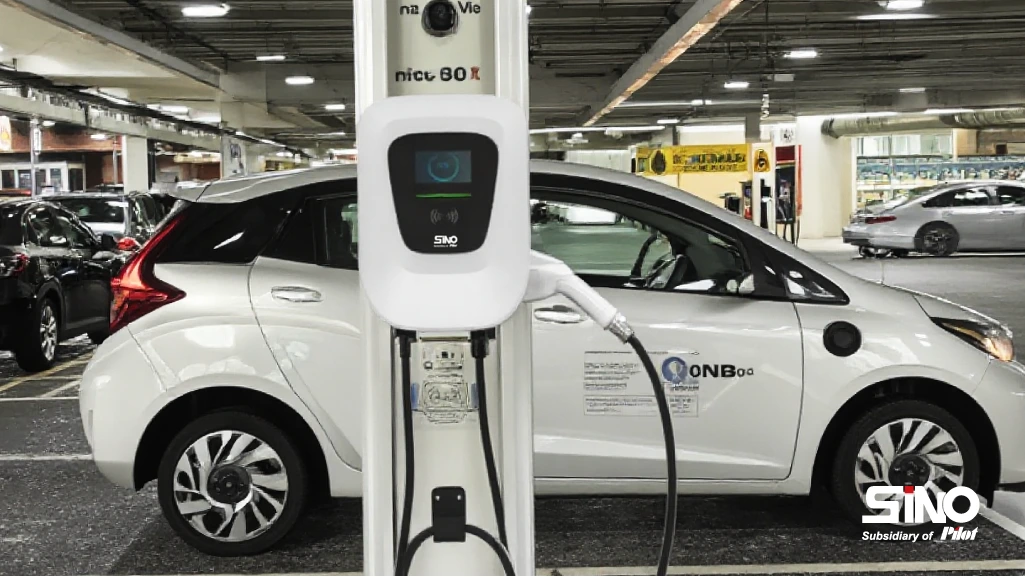
Home EV Charger Installation Requirements
1. Electrical Capacity & Panel Upgrades
Most homes built before 2010 weren’t designed for EV charging. A standard Level 2 charger requires a 240V circuit and draws 30-50 amps. If your electrical panel is already near capacity (e.g., 100-150A total), you’ll likely need an upgrade to 200A. For example, running a 50A charger alongside AC units or electric stoves may overload older panels.
Pro Tip: Hire a licensed electrician to perform a load calculation before installation.
2. Dedicated Circuits & Wiring
The National Electrical Code (NEC) mandates a dedicated circuit for EV chargers to prevent overheating. For Level 2 charging:
Wire Gauge: 6 AWG copper for 50A circuits.
Breaker Size: 40A (for 32A continuous load) or 50A (for 40A load).
Avoid using dryer outlets—they’re not designed for frequent plugging/unplugging.
3. Location & Mounting
Indoor vs. Outdoor: Outdoor chargers must be weatherproof (NEMA 4 rating).
Height: Mount charging ports 18-48 inches above ground for accessibility.
Cable Management: Ensure the cable reaches your EV’s port without tension.
4. Permits & Inspections
Most jurisdictions require permits for hardwired chargers. Inspectors will verify NEC compliance, grounding, and GFCI protection. Skipping permits risks voiding insurance or facing fines.
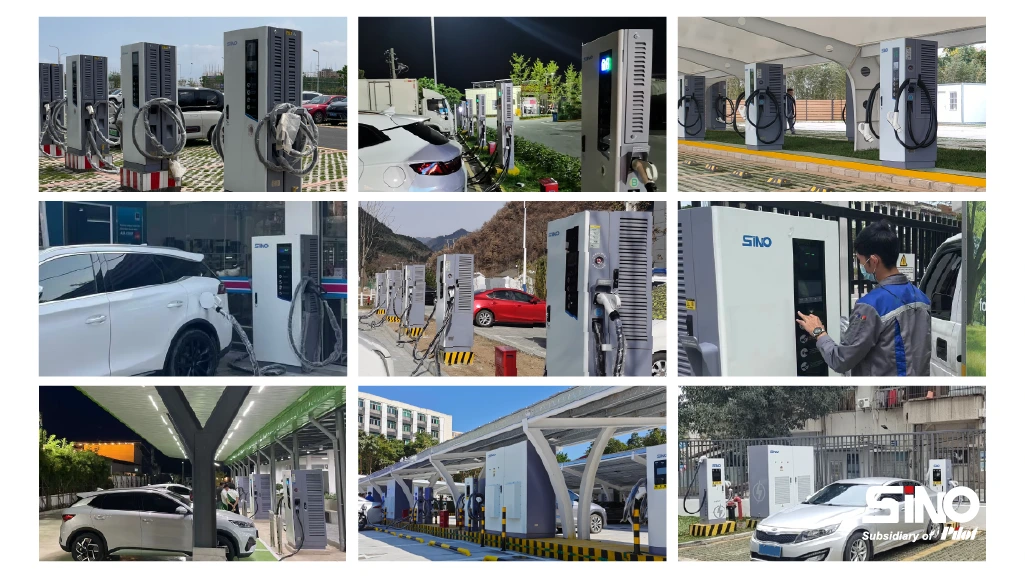
Commercial EV Charger Installation Requirements
1. Higher Power Demands
Commercial sites often need three-phase power (208V or 480V) for DC fast chargers (Level 3), which can draw 100-350 kW. Utilities may require demand charge agreements or infrastructure upgrades.
Load Management Systems are critical to balance charging speeds and avoid peak fees.
2. Accessibility & ADA Compliance
Parking Spaces: Install chargers adjacent to ADA-compliant stalls (96-inch width minimum).
Signage: Clear markings for EV-only spots.
Payment Systems: Ensure touchscreens and card readers are wheelchair-accessible.
3. Networking & Scalability
Commercial chargers often include:
Remote Monitoring: Track usage and perform diagnostics via cloud platforms.
Scalable Infrastructure: Leave conduit space for additional chargers as demand grows.
Permitting & Inspection Processes
Apply for Permits: Submit site plans, electrical diagrams, and charger specifications.
Utility Coordination: Commercial projects may need utility approval for grid connections.
Inspections: Post-installation, inspectors check wiring, safety disconnects, and signage.
Note: Requirements vary by state, country.
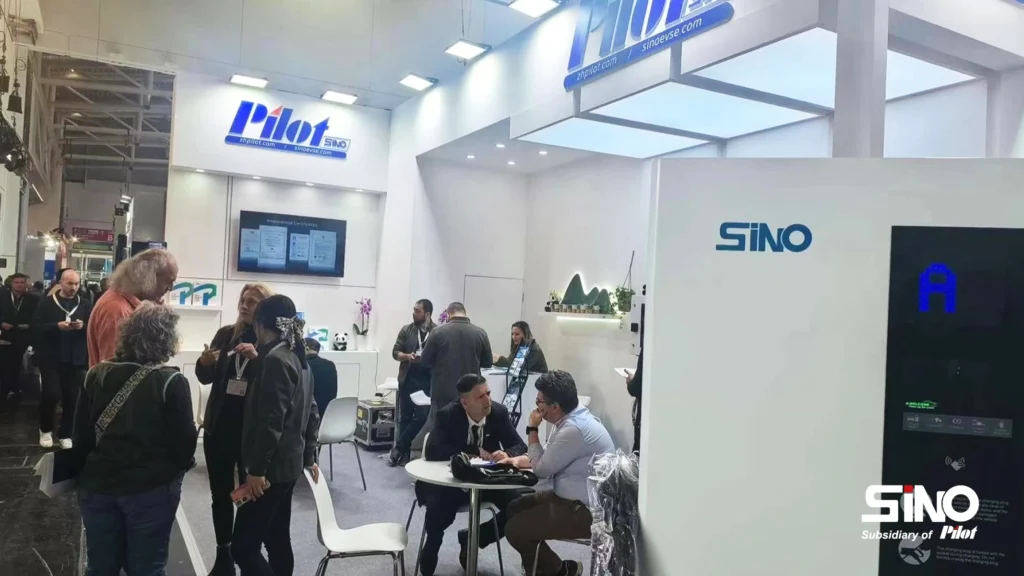
Cost of Installing an EV Charger
The cost of EV charger installation varies depending on several factors, including the type of charger, the complexity of the installation, and your location, your country.
On average, residential EV charger installation costs range from $500 to $2,500, with Level 2 chargers typically being more expensive due to their additional electrical requirements.
Here’s a breakdown of potential costs:
Charger unit: $500 – $1,000 for a Level 2 charger
Electrical panel upgrade (if necessary): $500 – $1,500
Installation labor: $300 – $1,000
Factors such as local permits, trenching for outdoor installations, or the need for a new electrical panel can drive costs higher.
Save Money: The U.S. federal tax credit covers 30% of installation costs (up to 1,000 for homes; 100,000 for businesses). Check local utility rebates, too!
Conclusion
Installing an EV charger involves careful planning—from assessing electrical capacity to navigating local permits. While DIY might seem tempting, partnering with certified installers ensures compliance, safety, and access to incentives. Ready to power up? Contact a qualified electrician today and explore rebates to make your transition to EV charging seamless and affordable.
FAQs About EV Charger Installation
1. Can I install an EV charger myself?
While plug-in Level 1 chargers are DIY-friendly, hardwired systems require licensed professionals for safety and compliance.
2. How long does installation take?
Simple home setups: 3–6 hours. Commercial stations: Weeks to months (due to permits and grid upgrades).
3. Can I use a regular 120V outlet?
Yes, but Level 1 charging adds only 3–5 miles per hour. Most EV owners prefer Level 2 for faster speeds.
4. What’s the difference between Level 2 and Level 3 chargers?
Level 2 (240V) adds ~25 miles/hour; Level 3 (DC fast) adds 100–200 miles in 30 minutes.
Our Social
Facebook: www.facebook.com/sinoevc
Instagram: www.instagram.com/sinoevc
Linkedin: www.linkedin.com/company/sinoevse
Youtube: www.youtube.com/@sinoevc
Twitter: www.twitter.com/sinoevc

“Charging for A Better Life”
—Zhuhai Sino Energy Technology Co.,Ltd.



